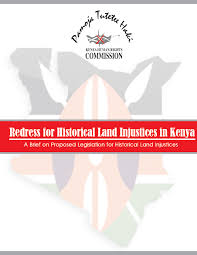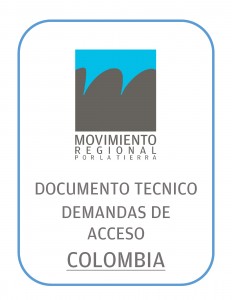Growing Together
Policies that enable rural communities
to participate in expanding economic opportunities can be
central to inclusive growth in Myanmar. Rural communities
are home to the majority of Myanmar’s population, the
majority of its many ethnic groups, and 70 percent of its
poor. Development in rural areas is constrained by low
returns to agriculture, and significantly lower levels of
public service delivery and human development outcomes







